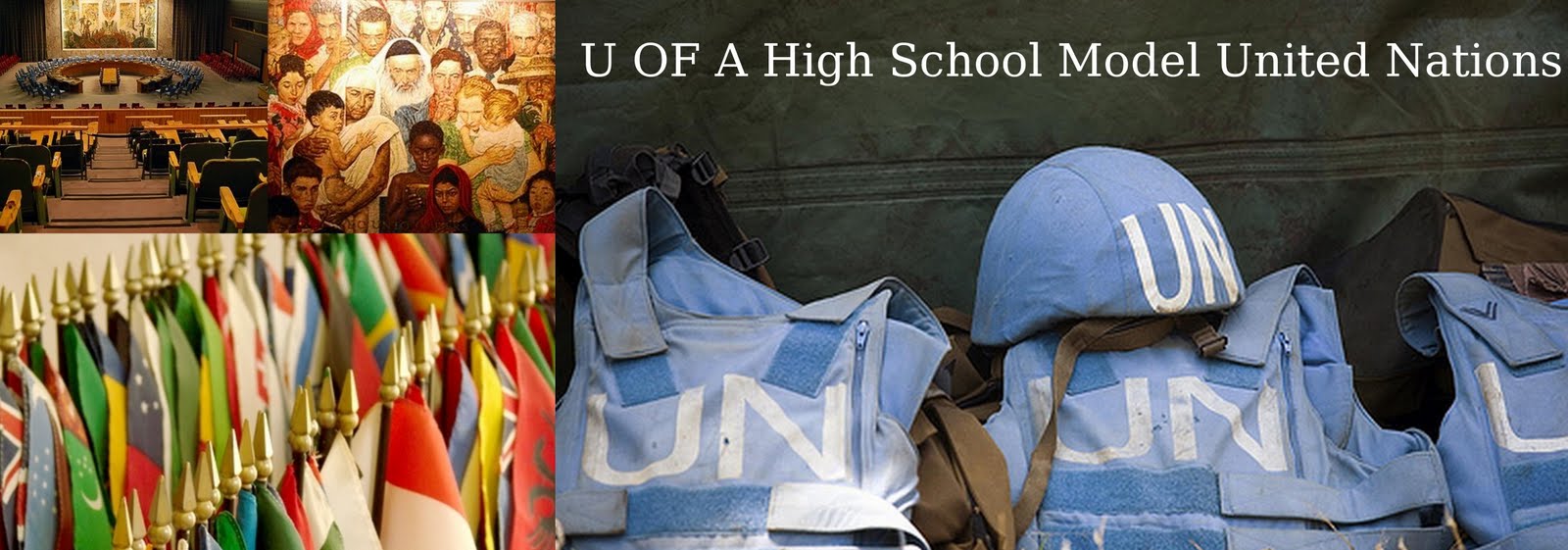We don't want the focus of the limited committee time you have to be spent debating terms such as malnutrition and child pornography. This time should be used for debating the topic itself, and not small details such as this.
The following are the definitions we would like you to use:
Malnutrition: Malnutrition is a broad term commonly used as an alternative to undernutrition but technically it also refers to overnutrition. People are malnourished if their diet does not provide adequate calories and protein for growth and maintenance or they are unable to fully utilize the food they eat due to illness (undernutrition). They are also malnourished if they consume too many calories (overnutrition). [Source: Progress for Children - A Report Card on Nutrition, UNICEF, 2006]
Note: In the background paper, we defined malnutrition to only include "undernutrition". However, "overnutrition" should also be included in your definition of malnutrition. Since there are obviously clear differences between these two terms, it is important that you are clear on what kind of "malnutrition" you are speaking of.
Child pornography: Any means of depicting or promoting sexual abuse of a child, including print and/or audio, centered on sex acts or the genital organs of children. (This is the same definition as in the background paper)
Here are some documents that may be useful in your research:
The Progress for Children reports are excellent research opportunities for these two topics. We encourage you to read other reports that we did not link you to here, as well as past editions for the reports.
Happy holidays! We look forward to seeing you all in less than 2 months!!



